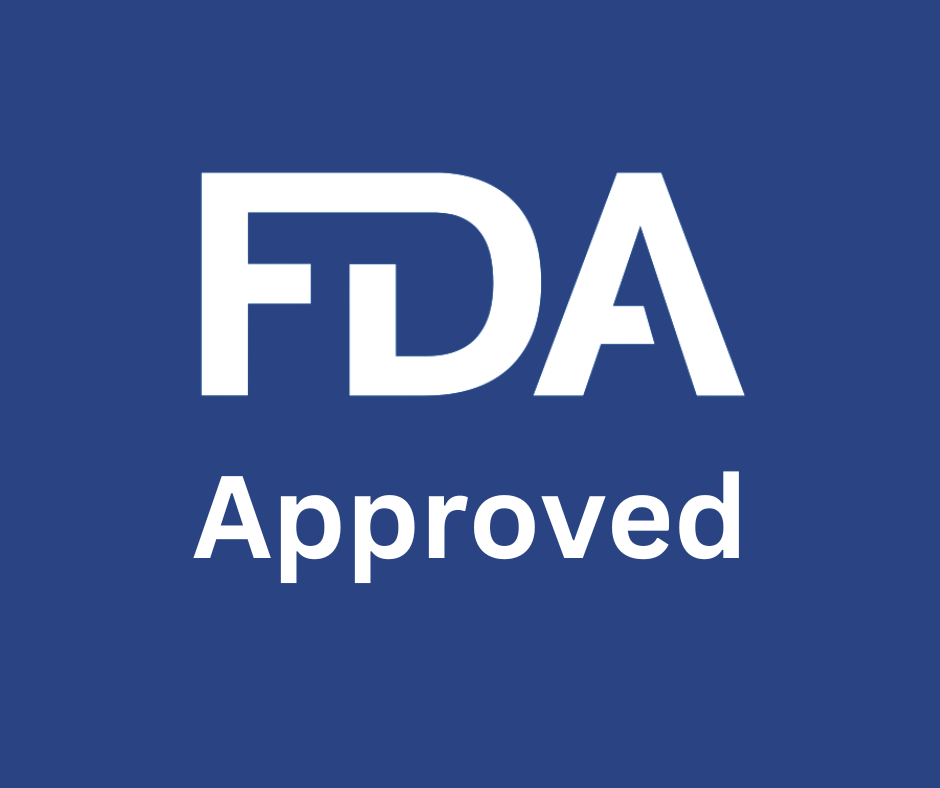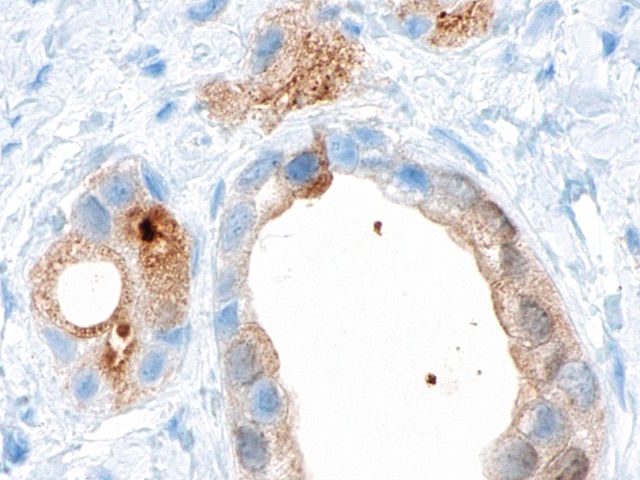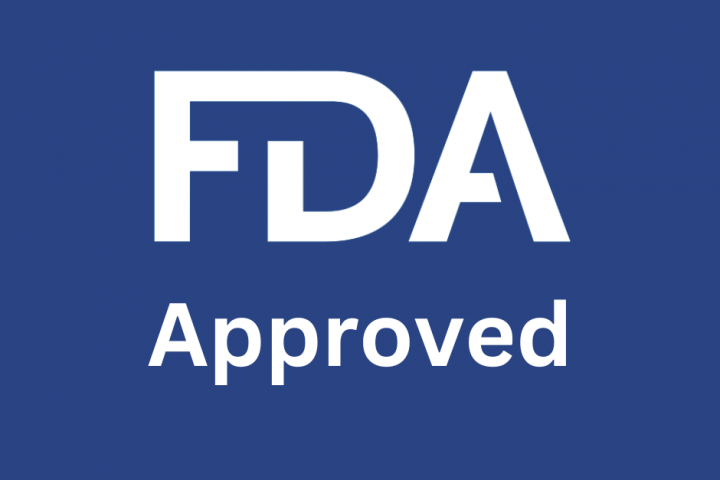By Dr. Anish Shah
On August 11, 2023, the U.S. Food and Drug Administration granted regular approval to niraparib and abiraterone acetate (Akeega) plus prednisone for adult patients with metastatic castration-resistant prostate cancer (mCRPC) with deleterious or suspected deleterious BRCA mutation as determined by an FDA-approved test.
Study ID number: NCT03748641
Approval was based on the MAGNITUDE study, a phase 3 randomized, double-blind, placebo-controlled multicenter trial that included 423 patients with mCRPC and homologous recombination repair (HRR) gene mutations. Eligible patients either underwent a prior orchiectomy or were on gonadotropin-releasing hormone (GnRH) analogs. For mCRPC, they should not have had systemic therapy previously, except for a brief period (up to four months) of abiraterone acetate with prednisone and continuous ADT. Randomized patients were stratified with respect to prior treatments and BRCA status. Out of the 423 participants, 225 (53%) were identified in advance to have BRCA gene mutations (BRCAm). Akeega was administered orally, combining 200 mg of niraparib and 1,000 mg of abiraterone acetate, with an additional 10 mg of prednisone daily, until disease progression or until side effects became intolerable.
Efficacy was established on radiographic progression-free survival (rPFS) as the primary endpoint. Secondary endpoints included time to initiation of cytotoxic chemotherapy, time to symptomatic progression, and overall survival. The study’s results revealed a significant improvement in rPFS for patients with BRCA mutations. The median rPFS was 16.6 months with Akeega versus 10.9 months (HR 0.53; 95% CI 0.36, 0.79; p=0.0014) for the placebo group. An exploratory OS analysis also favored the Akeega group with a median of 30.4 months against 28.6 months (HR 0.79; 95% CI: 0.55, 1.12). The niraparib regimen significantly improved rPFS and displayed better outcomes on various secondary endpoints. An emphasis was placed on the importance of genetic testing and precision medicine for prostate cancer treatment.
The combination plus prednisone showed adverse effects consistent with the known profiles of each agent alone. Among BRCA-positive patients in the MAGNITUDE study, 41% experienced a serious adverse effect. Common adverse effects included decreased blood counts, musculoskeletal pain, fatigue, constipation, hypertension, and nausea. 15% of patients discontinued the study due to an adverse effect. Moreover, 27% of patients needed a blood transfusion, with 11% requiring multiple transfusions.
The FDA’s approval of Akeega for mCRPC patients with BRCA mutations underscores the promise of targeted treatments. Administered orally alongside prednisone, the recommended dosage and duration are based on individual patient factors and the study’s median duration of 24.8 months. The MAGNITUDE study’s results, which the approval was based on, emphasize the importance of genetic testing in optimizing treatment outcomes.






